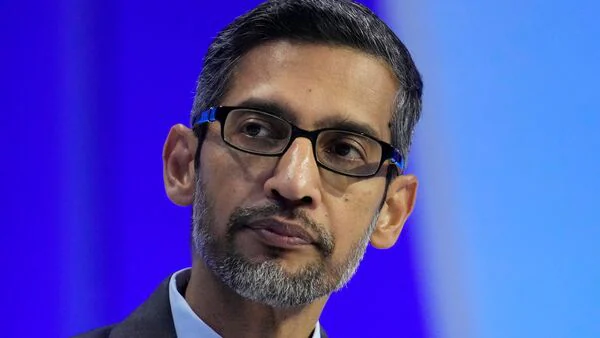Google CEO Sundar Pichai revealed that the tech giant’s in-house artificial intelligence agent, Big Sleep, successfully intercepted and neutralized a potential cyberattack even before it was launched. The revelation marks a significant milestone in the evolution of AI-powered cybersecurity.
Pichai shared the news on X (formerly Twitter), praising the capabilities of Big Sleep developed collaboratively by Google DeepMind and Project Zero. The AI agent is designed to proactively hunt for unknown vulnerabilities in software, essentially acting as a digital sentry that patrols the cyber landscape for hidden threats.
“Big Sleep helped our security teams detect and foil an imminent exploit before it could be weaponized,” Pichai wrote. He emphasized the proactive capabilities of the AI, which diverges from traditional cybersecurity tools that often respond after a threat has been detected.
The AI agent works by simulating potential attack vectors and exploiting weak points in software before malicious actors can. This predictive approach allows Google’s security teams to patch vulnerabilities and strengthen system defenses in real-time. According to sources within Google, Big Sleep identified an obscure flaw that could have been used in a large-scale cyber exploit, which was quickly neutralized.
This success underscores the growing role of AI in cybersecurity. As hackers adopt increasingly sophisticated methods, tech companies are racing to build defensive systems that can match, or outpace, the speed and scale of these threats. Big Sleep’s achievement not only demonstrates the feasibility of AI-led cyber defense but also sets a precedent for the future of digital security.
With the proliferation of AI in sectors such as healthcare, finance, and defense, its deployment in cybersecurity is seen as both necessary and inevitable. Google’s Big Sleep could represent the dawn of a new era where AI doesn’t just assist humans in responding to cyber threats, but leads the charge in predicting and preventing them.
As cyberattacks become more complex and costly, innovations like Big Sleep may be the key to staying one step ahead of malicious actors in the digital age.

